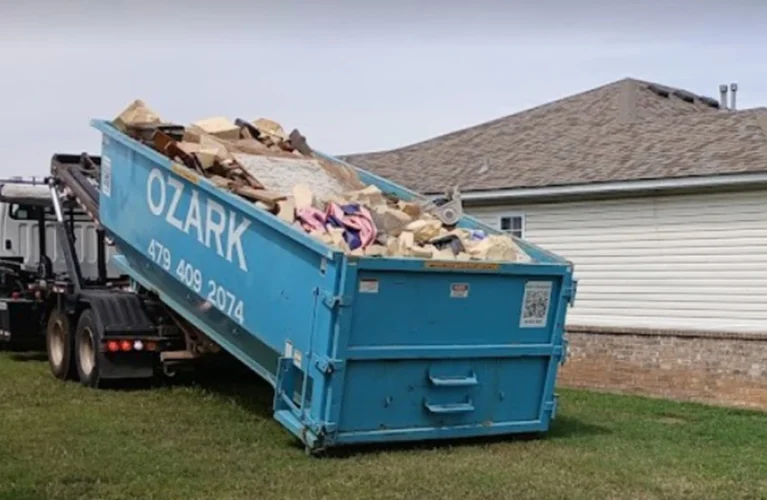Home security is a top priority for homeowners and renters alike. One of the most fundamental aspects of keeping your home secure is ensuring that your locks are in good working condition and your keys are reliable. Over time, locks can wear out or get damaged, and keys can become lost or broken, compromising your safety. In such situations, knowing how to fix lock and replace keys is crucial to maintaining the security of your home.
This comprehensive guide will walk you through the importance of lock maintenance, the steps to fix common lock issues, and how to replace keys when necessary.
Why Lock Maintenance Matters
Locks are the first line of defense against unauthorized entry into your home. Regular maintenance of your locks can prevent potential break-ins and save you from the inconvenience of being locked out. Here are a few reasons why lock maintenance is essential:
- Prolongs Lock Lifespan: Just like any other mechanical device, locks wear out over time. Regular maintenance can extend the lifespan of your locks, ensuring they function smoothly for years.
- Prevents Lockouts: Worn-out or damaged locks can cause unexpected lockouts, which are both frustrating and inconvenient. By maintaining your locks, you reduce the risk of getting locked out of your home.
- Enhances Security: A well-maintained lock is harder to pick or break, providing better protection against burglars. Ensuring that your locks are in top condition gives you peace of mind knowing that your home is secure.
- Cost-Effective: Fixing minor issues with your locks early on can save you money in the long run. Replacing an entire lock system is more expensive than repairing small faults.
Common Lock Issues and How to Fix Them
Locks can experience a variety of issues, some of which can be resolved with simple fixes, while others may require professional assistance. Here are some common lock problems and tips on how to fix them:
- Stiff or Jammed Lock Over time, dirt, dust, and grime can accumulate inside the lock mechanism, causing it to become stiff or jammed. To fix this issue:
- Lubricate the Lock: Use a graphite-based lubricant or a silicone spray to lubricate the internal components of the lock. Avoid using oil-based products, as they can attract more dirt.
- Clean the Key: Sometimes, the problem lies with the key rather than the lock. Clean the key with a soft cloth to remove any debris before inserting it into the lock.
- Misaligned Strike Plate If your door lock is not catching correctly, the strike plate may be misaligned. This can happen due to settling of the house or wear and tear over time. To fix a misaligned strike plate:
- Adjust the Strike Plate: Unscrew the strike plate and reposition it so that it aligns properly with the lock. You may need to enlarge the hole slightly to ensure a proper fit.
- File Down the Strike Plate: If the misalignment is minimal, you can file down the edges of the strike plate to allow the lock to catch more easily.
- Key Won’t Turn in the Lock If your key gets stuck or won’t turn in the lock, it could be due to a worn key, a malfunctioning lock mechanism, or an obstruction inside the lock. To address this:
- Check the Key: Examine the key for signs of wear or damage. If the key is worn, you may need to replace it.
- Inspect the Lock: Use a flashlight to inspect the lock for any visible obstructions. If you find any debris, carefully remove it with tweezers or compressed air.
- Call a Locksmith: If the key is not the issue and the lock still won’t turn, it may be time to call a professional locksmith to assess and fix the problem.
- Broken Key in the Lock A broken key can leave you locked out of your home and in need of urgent assistance. Here’s what to do if your key breaks off in the lock:
- Use Pliers: If part of the key is sticking out of the lock, you may be able to pull it out with needle-nose pliers.
- Key Extractor Tool: A key extractor tool is specifically designed to remove broken keys from locks. Insert the tool into the lock, hook the broken piece, and carefully pull it out.
- Call a Locksmith: If the broken key is lodged deep inside the lock, a locksmith will have the necessary tools and expertise to remove it without damaging the lock.
When to Replace Keys
Replacing keys is a common requirement, whether due to loss, wear, or the need for enhanced security. Here are some scenarios when you should consider replacing your keys:
- Lost or Stolen Keys If your keys are lost or stolen, replacing them is crucial to prevent unauthorized access to your home. It’s also advisable to rekey your locks or replace them entirely for added security.
- Worn or Damaged Keys Keys that are bent, cracked, or excessively worn should be replaced to avoid getting stuck or breaking inside the lock. Regularly inspect your keys for signs of wear and replace them as needed.
- After Moving into a New Home When you move into a new home, it’s wise to replace the keys to ensure that no one else has access to your property. You can either rekey the existing locks or install new ones.
- Upgrading Security If you’re upgrading your home security, consider replacing your keys with high-security keys that are more difficult to duplicate. These keys often come with patented designs and restricted keyways, providing an extra layer of protection.
Professional Help: When to Call a Locksmith
While some lock and key issues can be resolved with DIY methods, others require professional intervention. A qualified locksmith can provide expert assistance in fixing locks, replacing keys, and enhancing your home’s security. Here are some situations where you should call a locksmith:
- Complex Lock Repairs: If your lock is severely damaged or has an internal malfunction, a locksmith can assess the situation and provide the appropriate repair or replacement.
- Key Duplication: For high-security keys or complex key designs, it’s best to have a locksmith handle the duplication process to ensure accuracy and quality.
- Lock Replacement: When it’s time to replace old or malfunctioning locks, a locksmith can recommend the best options for your home and install them professionally.
Conclusion
Maintaining your locks and keys is essential for ensuring the security and safety of your home. Whether you’re dealing with a stiff lock, a broken key, or simply need to replace old keys, understanding how to fix common issues and knowing when to seek professional help is crucial. By taking proactive steps to care for your locks and keys, you can protect your home, your belongings, and your peace of mind.











